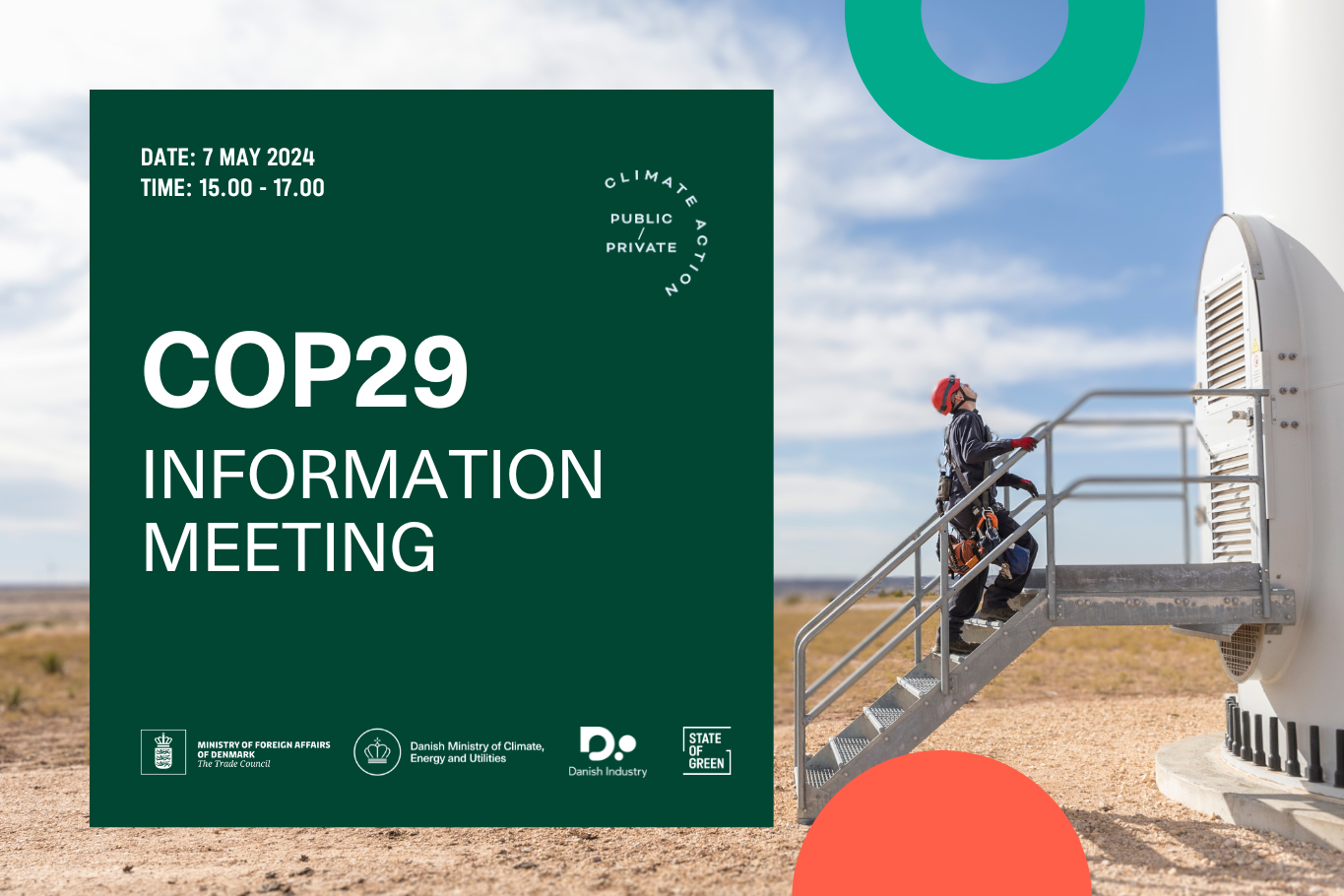News
Danish diets should be adjusted to mitigate climate change


Climate-friendly food habits are one of the most important ways to reduce the food sector's global climate impact and to create a climate-neutral food industry by 2050. Recent international studies unanimously emphasize that the potential reduction of a large part of the food sector's adverse impacts lies on the demand side - both in terms of reduced food waste and changed food habits.
This was revealed in the CONCITO report, "Climate-friendly food habits", which gathers the latest international and Danish research on the subject and makes recommendations for new policy initiatives, including initiatives in the food industry and the education system.
“In recent years, an important global agenda has been to shift food consumption to more climate-friendly and plant-based foods. In Denmark, climate-friendly foods have also gained support from consumers and food companies, but despite these trends, there are still players in the political world and the food sector who fail to address the challenge constructively. Our hope is that the report can change this,” says CONCITO's Food Program Manager, Michael Minter.
-Related solution: A guide to sustainable events
A clear pattern of foods' carbon footprint ranking
The CONCITO report presents a range of assessments on different food types’ carbon footprints, and concludes that there is a clear pattern in terms of the climate ranking, despite diverse calculation methods and results – for example, the environmental footprint of beef varies between 14 kg of CO2e and 188 kg of CO2e per kilogram of product. Meat from cattle and lamb weighs very heavily in all the calculations, while dairy products as well as pigs, chicken and fish rank in the middle. Plant-based foods have a very low environmental footprint, even when considering their nutritional value.
The report also gives an insight into Danish and international statistics on meat consumption and notes that Denmark is still one of the world's most meat-eating nations, however, that Danish food statistics are deficient in terms of being able to track development in detail over time.
-Related solution: Minimising food waste through vacuum-drying
Danish over-consumption of meat is a problem for the environment
The report shows that the Danes' meat consumption is far above the sustainable level, which was recently defined by international researchers in the EAT-Lancet Commission, but also significantly higher than the official Danish dietary recommendations. For that reason, CONCITO brings a number of recommendations on how policy-makers, public institutions and private companies should promote climate-friendly food habits.
[green]Among the most important recommendations are:
- Update and climate optimisation of the official dietary recommendations in accordance with the ones published by the EAT-Lancet Commission
- Analysis and establishment of possible financial incentives for more climate-friendly dietary choices
- Development of consistent Danish statistics on the consumption of different foods in quantities
- Education and skills development on climate-friendly food in schools and food companies
- Development of a publicly available, uniform and consistent statement of the environmental footprints of different foods, including their impact on land use. [/green]
Photo:
Colourbox.dk
Source:















